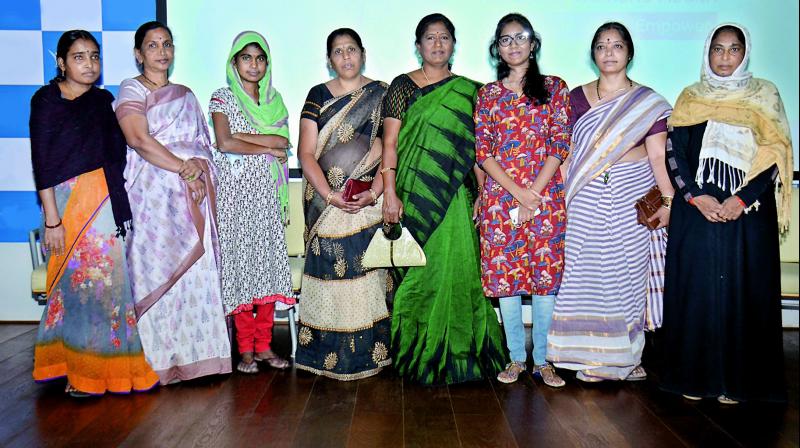Hyderabad: The lopside of kidney donations
Medical fraternity views donation by men in a very regressive manner.

Hyderabad: Men do not donate their kidney for a family member in need. Nearly 87 per cent of living donors are women.
Women donate for their children or husband. Women are more self-sacrificing, having been taught to put others before themselves. They are also often cajoled, emotionally blackmailed and pressured by the family to be the donor, according to a study published in the Indian Journal of Nephrology.
On the eve of International Women’s Day, women kidney donors were felicitated by hospitals in the city for supporting the family and bailing it out of a crisis. But the fact remains that most of them are pushed into donating a kidney by both the family and also by the medical fraternity.
A senior doctor, speaking on condition of anonymity, said, “The medical team which counsels the patient often discards the men as they state that there is higher incidence of kidney disease in men. The other factor is that a man is an earning member, hence, the medical fraternity also looks at it in a very regressive manner.”
This is not the situation only in India. Trends in the United States also show women as the highest kidney donors — as high as 90 per cent. Nearly 50 per cent are for spousal donations and 50 per cent are for first degree relatives. Hence medically, too, while counselling, the attitude has to change, he adds.
Senior nephrologist at Nizam’s Institute of Medical Sciences, Dr S. B. Raju, says 87 per cent of living donors in India are women, though “now we are seeing men also coming forward in families which are aware of women’s health conditions.” But he admits “the numbers are few.”
Between 2002 and 2006, donations in India by a spouse constituted 17.2 per cent but the percentage has seen a major increase of 34 per cent in spouse and parent donors in India in 2012-14. The jump is high, but there are still more women donors than men. Men are still only between 13 to 15 per cent in first relative donors and spouse donations.
Nephrologist Dr B. K. Raju says that while the disease does not present symptoms early, men still come forward with a complaint while women do not.
Recent data shows that six lakh women die of kidney failure every year worldwide when compared to men.
“This means that the disease is not being paid attention to at the family and medical level.” he said.

